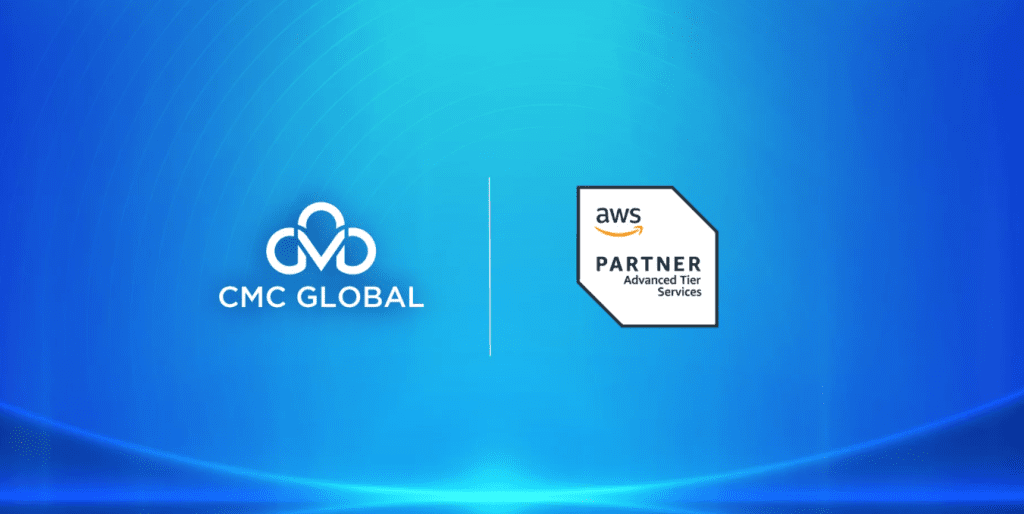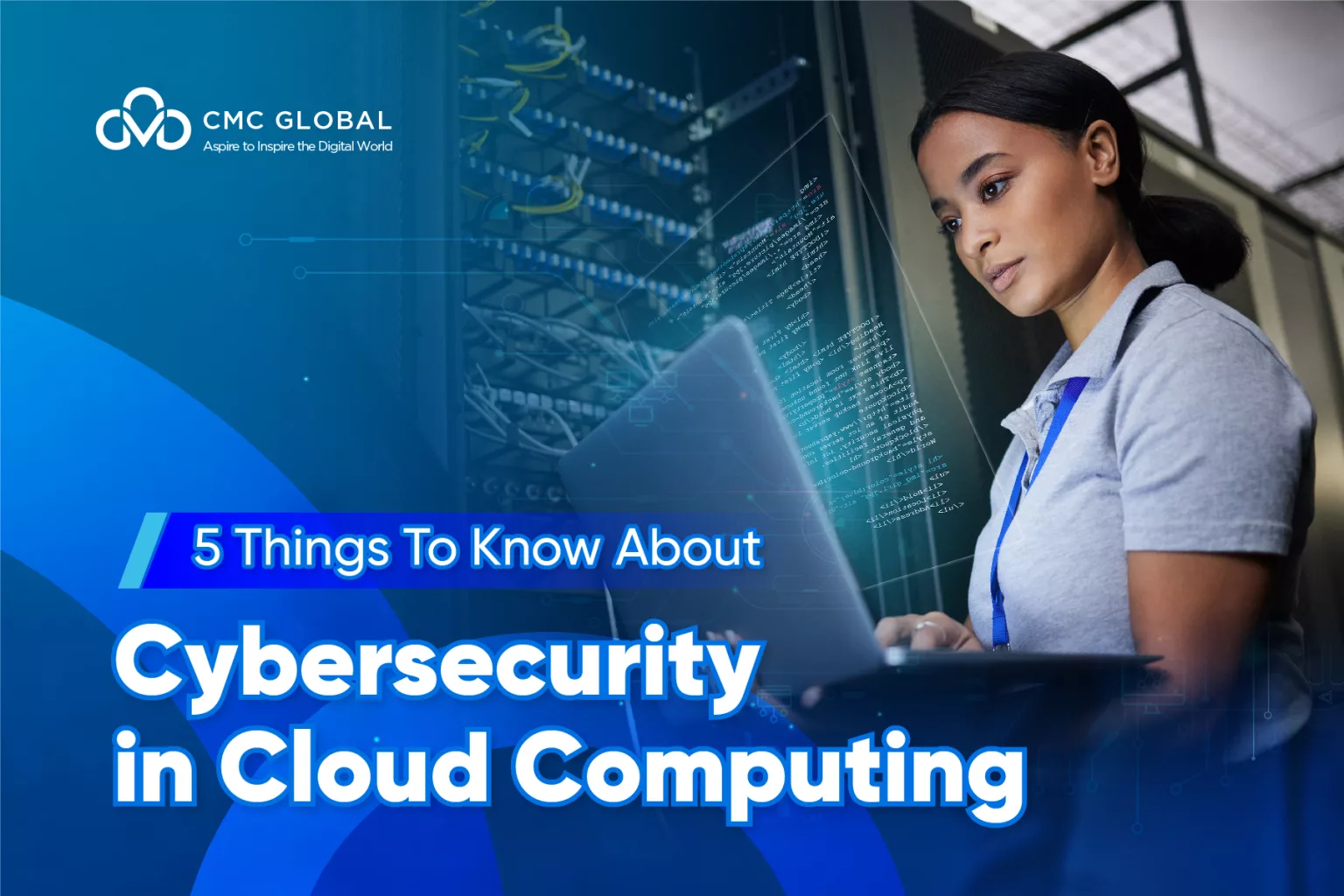As businesses and individuals increasingly rely on cloud computing to store and access data, the importance of cybersecurity in this realm cannot be overstated. Understanding these challenges and how to address them is crucial for safeguarding sensitive information and ensuring secure operations.
In this blog, we will delve into the top five things you should know about cybersecurity in cloud computing, helping you navigate this complex landscape with confidence.
5 Things You Should Know About Cybersecurity in Cloud Computing
Let’s dive into the top five things you should know about cybersecurity in cloud computing, helping you navigate this complex landscape with confidence.
#1 Cloud computing can enhance security
Cloud computing can sometimes provide a security solution. Small and medium-sized businesses often face cyberattacks like ransomware due to inadequate investment in cybersecurity. Transitioning to the cloud can boost their security, as cloud providers typically have top-notch security measures. Some experts even believe that storing data in the cloud is safer than on-site storage, despite some IT managers’ preference for keeping data under their direct control.
#2 Organizations are ultimately accountable for the security of their data and transactions
While cloud vendors are responsible for their share of cybersecurity, if a customer’s data is compromised, the organization must respond to the customer or face fines. Similarly, in case of a ransomware attack, the organization is liable for paying the hacker. This means that even with cloud computing, surveillance is necessary.
Data breaches in the cloud often result from misconfigured access restrictions on storage resources and improperly secured systems—both organizational responsibilities, not the vendor’s. Therefore, prioritizing cybersecurity, training staff, and staying updated on the latest threats and predictions remain crucial.
#3 Cloud vendors are actively enhancing security and simplifying processes for businesses

Companies like Amazon (Amazon Web Services), Microsoft (Azure), and Google (Google Cloud Platform) have invested heavily in securing their products, employing top talent to ensure robust protection. Now, they are also focusing on helping their customers improve security.
For instance, Google offers a Cloud Security Command Center to scan for vulnerabilities, while Amazon and Microsoft have developed tools and infrastructures to support security efforts. If you’re uncertain about your security measures, consulting your cloud vendor can provide valuable assistance.
#4 Cloud security is already impacted by the Internet of Things (IoT)
Despite significant advancements in securing cloud solutions, data centers, and network infrastructures, the rise of IoT devices is threatening to reverse much of this progress. These devices often lack adequate security, creating vulnerabilities that can compromise your data and cloud solutions, undermining other cybersecurity measures. One expert forecasts that the coming years will resemble a game of Whack-a-Mole, with businesses constantly addressing these isolated security breaches.
#5 Cloud security has become even more critical with the enforcement of the General Data Protection Regulation (GDPR) in May 2018
While GDPR primarily applies to residents of the European Union (EU) and the European Economic Area (EEA), it has significant implications for organizations worldwide since these citizens often engage with businesses outside these regions. Post-GDPR, organizations must ensure their data practices comply with the regulation.
Though legal counsel is the best way to ensure compliance, generally, both the cloud vendor and the customer must adhere to data protection practices. For businesses using multi-cloud solutions with multiple vendors, each must comply with GDPR, which can be complex and requires diligent management.
Read more: A Comprehensive Look into Cybersecurity in Cloud Computing
Consider Digital Transformation Consulting?
As more companies start the next wave of digital transformation, navigating the landscape of implementing emerging technologies can pose a challenge. This is where the benefits of seeking guidance from experts through consulting services become evident.
Collaborating with experienced consultants allows businesses to fully realize the advantages of cloud computing, steering clear of common pitfalls and establishing a foundation for future success.
An AWS Advanced Tier Services Provider, such as CMC Global, plays a crucial role in evaluating readiness, offering technology recommendations, addressing potential risks, and ensuring a smooth implementation of cloud solutions. This, in turn, empowers businesses to unlock the complete potential of this transformative technology.

The CMC Global team is available to assist with:
- Assessing business needs and readiness
- Developing customized roadmaps
- Evaluating and recommending technologies
- Formulating data strategies and preparation
- Providing guidance on team building and resources
- Assessing and mitigating risks
- Establishing governance and compliance standards
- Continuously evaluating and improving processes.
Contact us now for further consultation!




